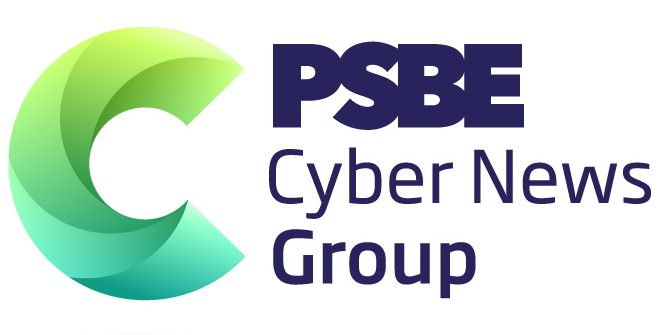2 vulnerabilities have been found in the Gutenberg Template Library & Redux Framework plugin for WordPress, which is installed on more than 1m websites. They could allow arbitrary plugin installation, post deletions and access to potentially sensitive information about a site’s configuration, researchers stated.
The plugin, from developer Redux.io, offers various templates & building blocks for creating web pages within WordPress’ Gutenberg editor.
High-Severity
The 1st bug (CVE-2021-38312) rates 7.1 out of 10 on the CVSS scale, making it high-severity. It arises from the plugin’s use of the WordPress REST API, which processes requests to install & manage the blocks. It fails to authorise user permissions correctly, according to Wordfence.
“While the REST API Endpoints registered under the redux/v1/templates/ REST Route used a permission_callback to verify a user’s permissions, this call-back only checked whether or not the user sending the request had the edit_posts capability,” Wordfence researchers noted in a Wed. posting.
Lower Permissions
This means that users with lower permissions, such as contributors & authors, could install any plugin in the WordPress repository via the redux/v1/templates/plugin-install endpoint, researchers explained, or they could use the redux/v1/templates/delete_saved_block endpoint to erase posts.
The 2nd, medium-severity vulnerability (CVE-2021-38314) rates 5.3 on the CVSS scale. It exists because the Gutenberg Template Library & Redux Framework plugin registers several AJAX actions available to unauthenticated users, one of which is deterministic & predictable, making it possible to uncover what the $support_hash for a site would be.
Sensitive Information
“This $support_hash AJAX action, which was also available to unauthenticated users, called the support_args function in redux-core/inc/classes/class-redux-helpers.php, which returned potentially sensitive information such as the PHP version, active plugins on the site & their versions, & an unsalted md5 hash of the site’s AUTH_KEY & SECURE_AUTH_KEY,” according to Wordfence.
Website Takeover
Researchers added that an attacker could use the information to plan a website takeover using other vulnerable plugins.
Redux.io has issued a patch, in version 4.2.13.
Wordfence researchers outlined that users should update their plugins as soon as possible: “While neither of these could be used directly to take over a site, both vulnerabilities could be useful tools in the hands of a skilled attacker,” they warned.
Problems Persist
These are only the latest WordPress plugin vulnerabilities to come to light. Other noted vulnerabilities in 2021 include:
- January: Researchers warned of 2 vulnerabilities (1 critical) in a WordPress plugin called Orbit Fox that could allow attackers to inject malicious code into vulnerable websites and/or take control of a website.
- January: A plugin called PopUp Builder, used by WordPress websites for building pop-up ads for newsletter subscriptions, was found to have a vulnerability that could be exploited by attackers to send out newsletters with custom content, or to delete or import newsletter subscribers.
- February: An unpatched, stored cross-site scripting (XSS) security bug was found to potentially affect 50,000 Contact Form 7 Style plugin users.
- March: The Plus Addons for Elementor plugin for WordPress was discovered to contain a critical security vulnerability that attackers can exploit to quickly, easily & remotely take over a website. 1st reported as a zero-day bug, researchers observed that it was being actively attacked in the wild.
- May: An SQL-injection vulnerability discovered in a WordPress plugin called “Spam protection, AntiSpam, FireWall by CleanTalk.” It could expose user emails, passwords, credit-card data & other sensitive information to an unauthenticated attacker.
- July: A critical cross-site scripting (XSS) bug that affects WordPress sites running the Frontend File Manager plugin was found. It allows remote unauthenticated users to inject JavaScript code into vulnerable websites to create admin user accounts.









